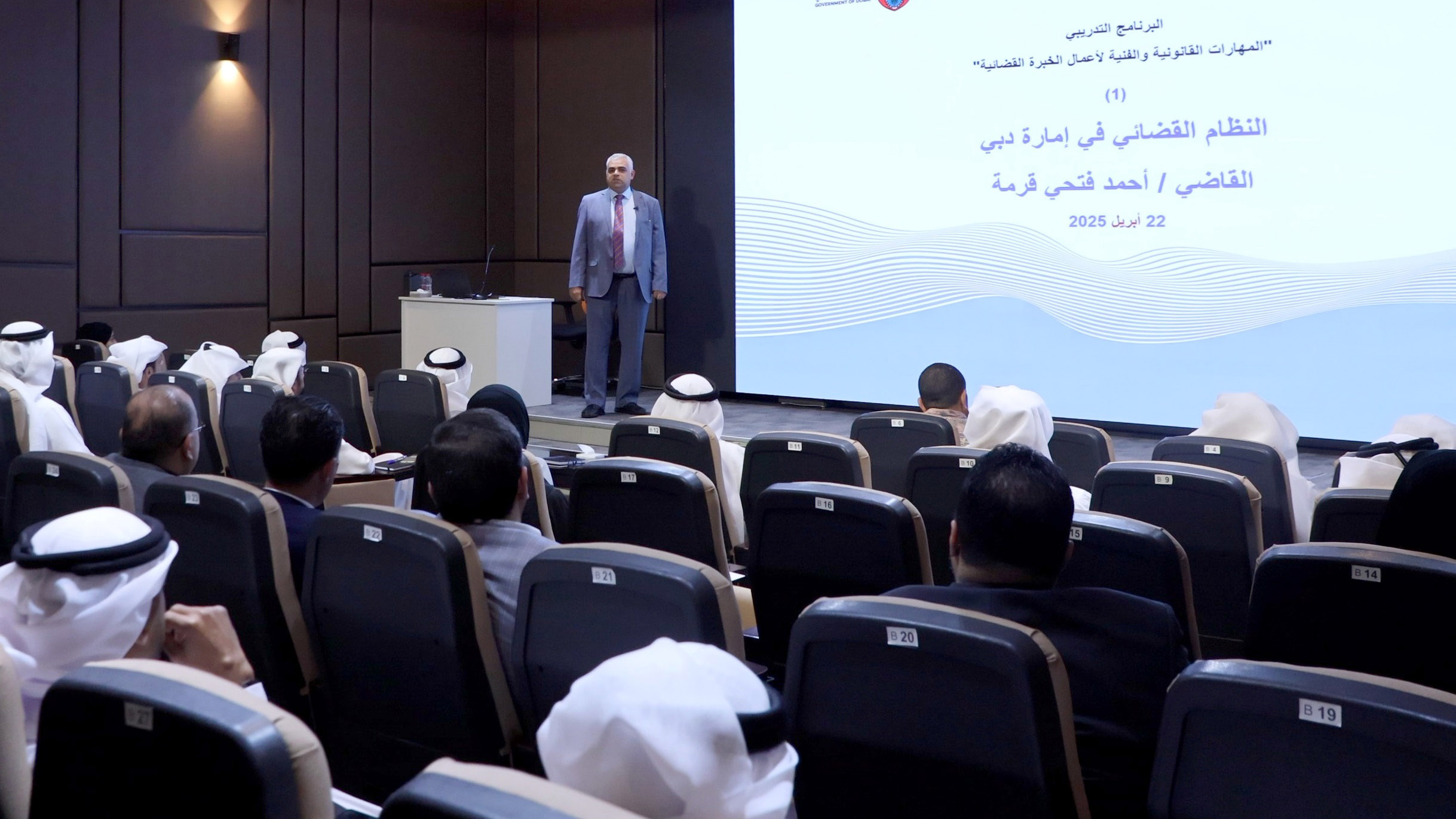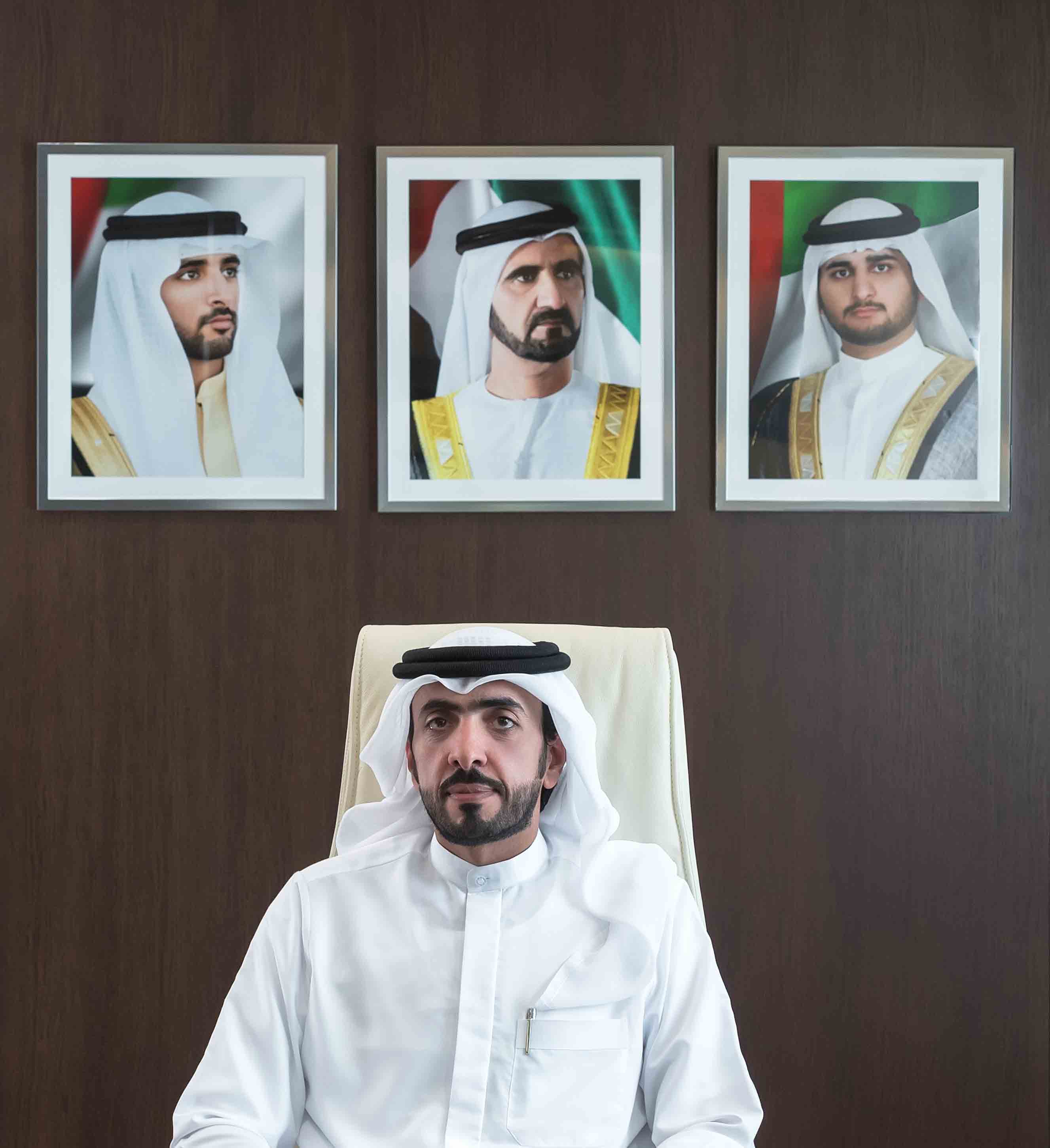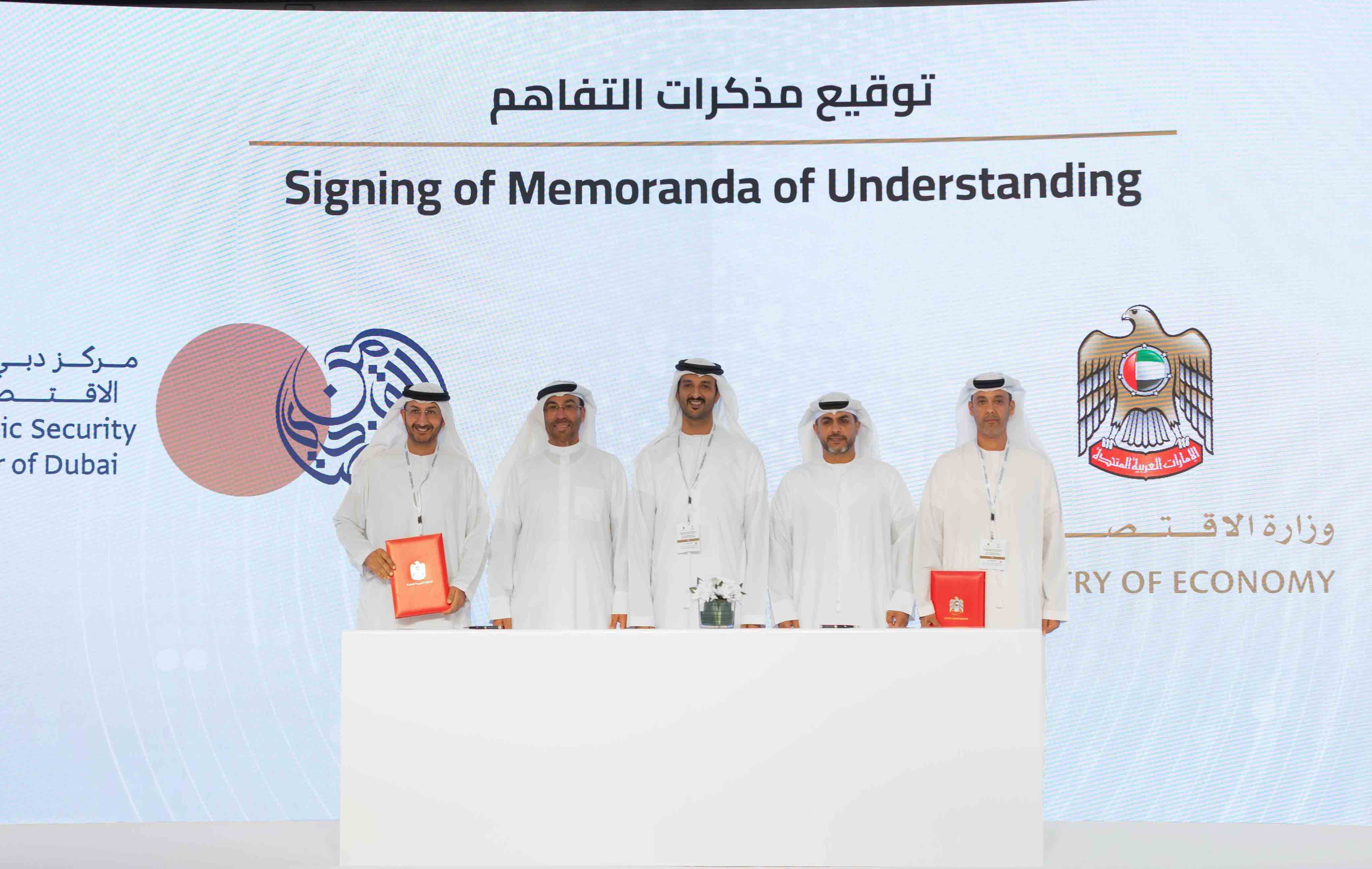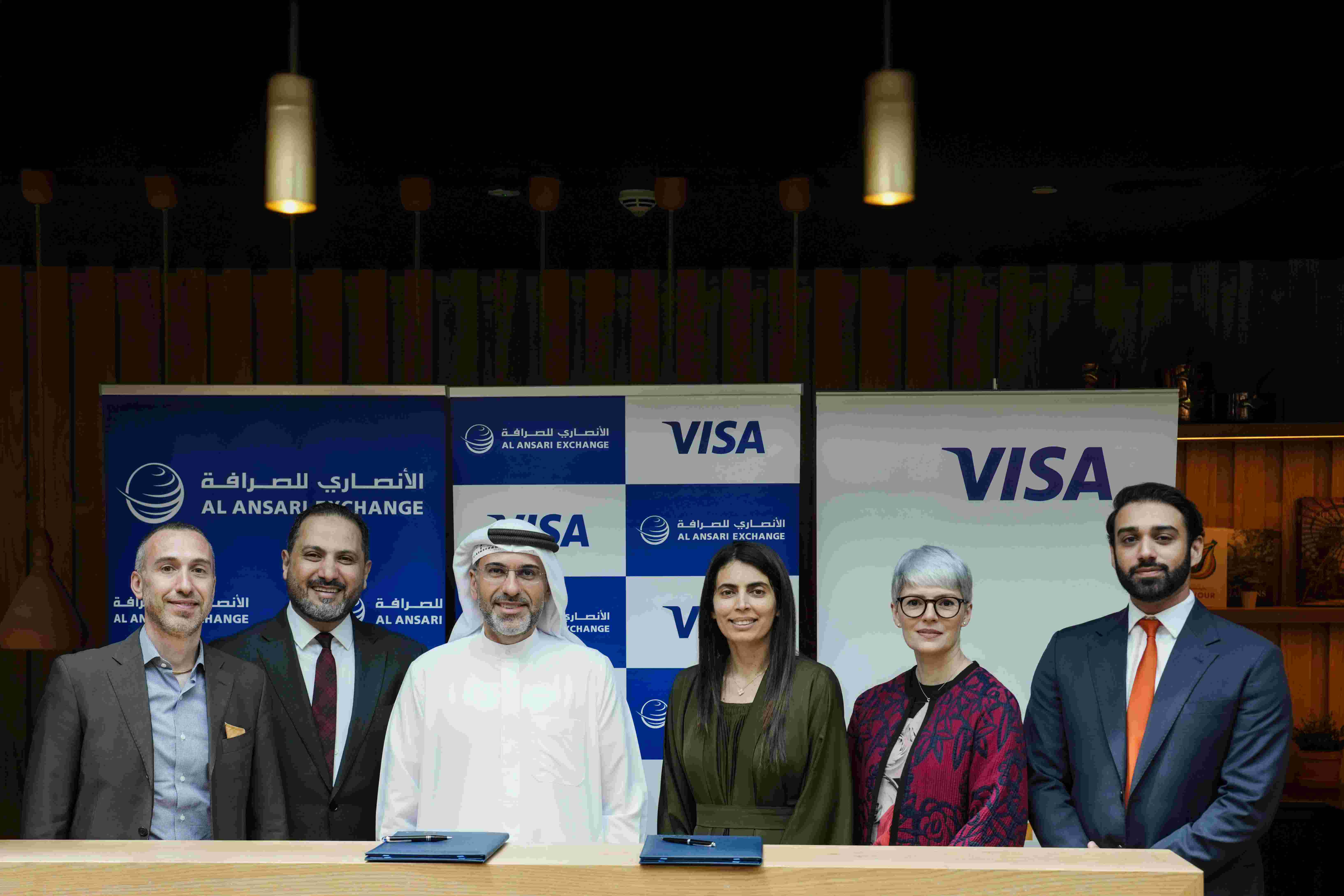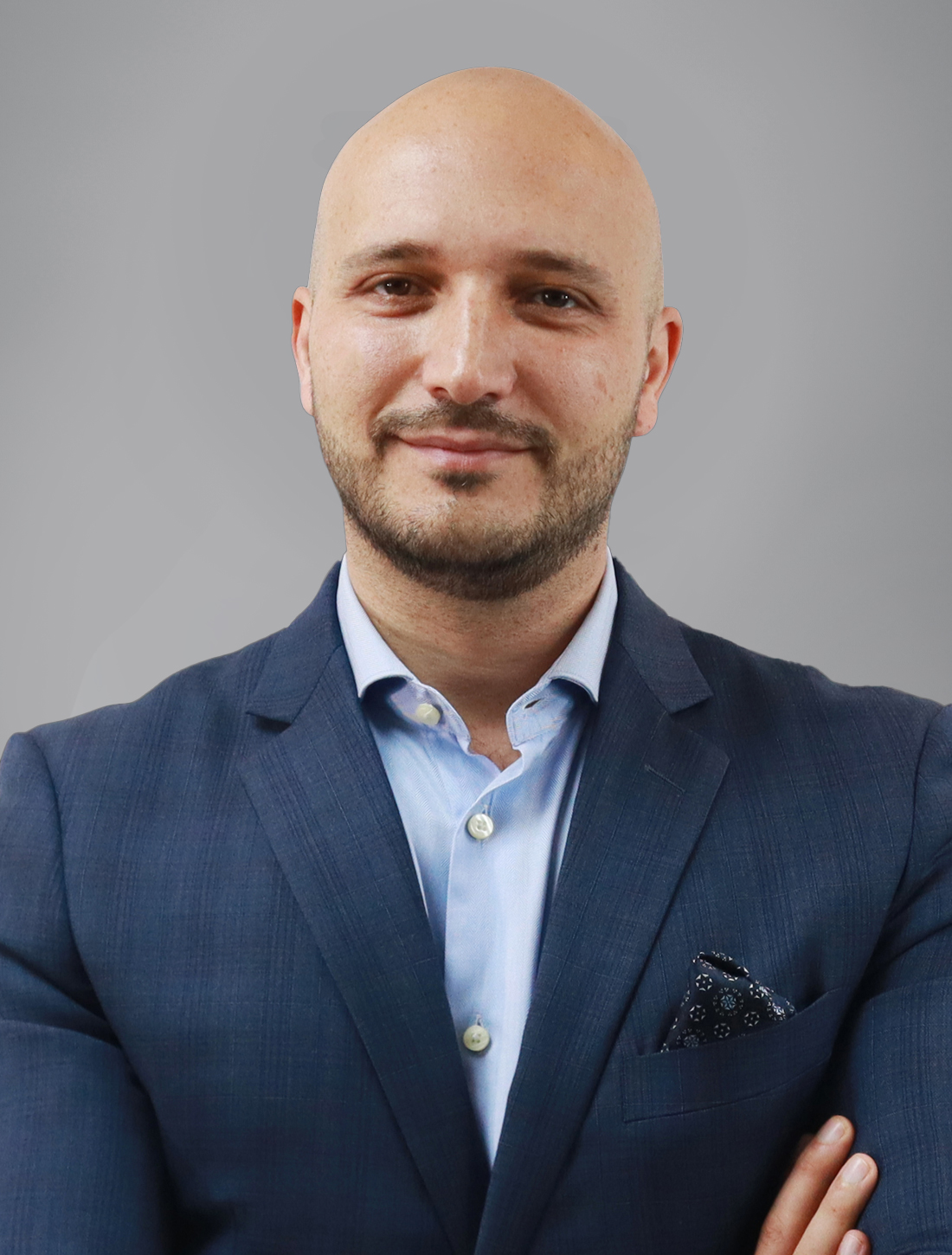Economic Integration Committee reviews latest developments in the enhancement of economic legislation to bolster competitiveness of the UAE’s business environment
Latest meeting chaired by H.E. Bin Touq evaluates progress made by the UAE Circular Economy Council
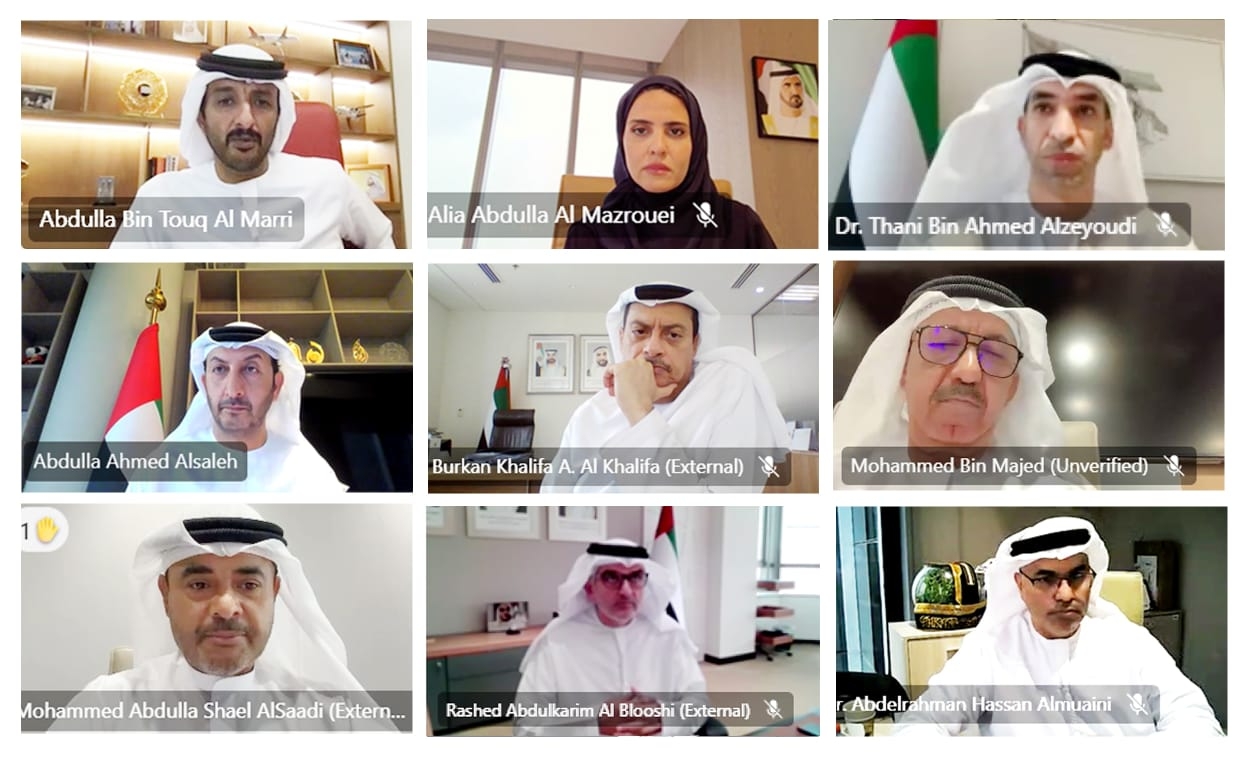
Abu Dhabi, 18 April 2025:
The Economic Integration Committee held its third meeting for the year 2025, chaired by H.E. Abdulla bin Touq Al Marri, Minister of Economy. It was attended by H.E. Dr Thani bin Ahmed Al Zeyoudi, Minister of State for Foreign Trade, and H.E. Alia bint Abdulla Al Mazrouei, Minister of State for Entrepreneurship, along with the directors general of the Economic Development Departments across the UAE.
The meeting reviewed the latest developments in the advancement of several economic laws and their significance in enhancing the competitiveness of the UAE’s business environment and supporting its transition towards a new economic model based on knowledge and innovation. Additionally, it assessed the progress made by the Committee in implementing the outcomes and recommendations from the second meeting of 2025.
H.E. Bin Touq stated that the UAE, thanks to the directives of its wise leadership, has made significant strides in building an advanced economic legislative framework characterized by flexibility and stability. This ensures an ideal and attractive economic environment for investors, entrepreneurs, and business owners from around the world, boosting national economic growth.
In this context, His Excellency highlighted the key role played by the Economic Integration Committee in continually enhancing the UAE’s economic legislation and policies, adopting innovative national initiatives, and enhancing cooperation and coordination with partners at both federal and local levels. These efforts have ensured greater alignment and coherence across the country’s legislative and regulatory landscape, given that the UAE has introduced over 30 economic laws and resolutions in the past four years.
The Minister of Economy said: “The UAE is ushering in a new phase focused on strengthening the competitiveness of its legislative environment in line with global best practices. This follows the Cabinet’s approval of an integrated smart legislative system to guide the development of legislation and regulations across the UAE Government. Powered by artificial intelligence and advanced digital solutions, the system has enhanced the Committee’s capabilities in proposing and developing economic legislation and policies, assessing their real-time impact on the business community, and streamlining coordination with relevant stakeholders in the country.” His Excellency explained that the new system will play a key role in achieving the national target outlined in the ‘We the UAE 2031’ vision, which is to make the UAE the first globally in developing proactive legislation for new economic sectors by the next decade.
Other topics discussed by the Committee include developments in the legislative and executive framework for regulating and protecting competition in the UAE. Emphasis was placed on the importance of organizing workshops and seminars in collaboration with relevant local entities to raise awareness on the importance of enforcing competition laws and policies across various economic sectors and preventing monopolistic practices. These efforts are aimed at achieving economic balance in the market and protecting consumer rights.
Furthermore, the latest Committee meeting reviewed the progress made by the UAE Circular Economy Council so far, most notably the adoption of 22 circular economy policies across four main sectors: manufacturing, food, infrastructure, and transport. It also includes the establishment of the Circular Economy Policy Committee and the formation of partnerships with the UAE private sector to drive growth in sustainable technologies, clean energy, and waste management. The Committee reiterated its commitment to ensuring the effective implementation of these policies and accelerating the transition to a circular economy model, which will help secure a more prosperous future for current and future generations while advancing the nation’s vision to become the world’s most prosperous society by the next decade.
-Ends-



